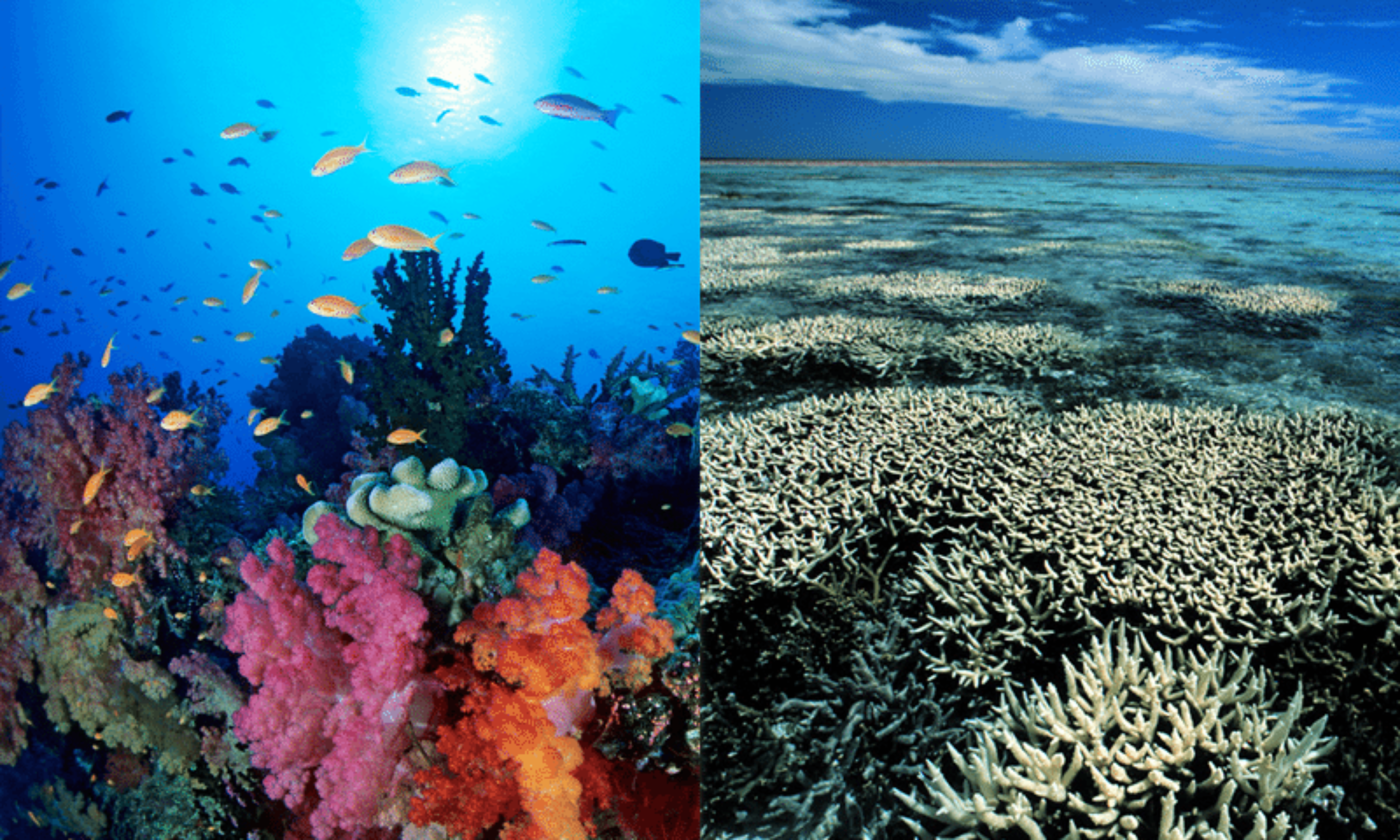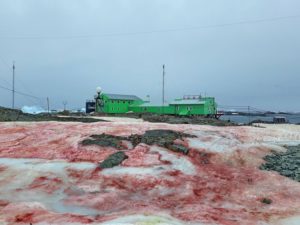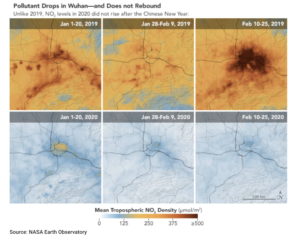The Coronavirus pandemic is making me think about its relationship to the Anthropocene because our society is at a crossroads right now. If we don’t build a new world out of the ashes of this public health crisis, I think we’ll fail to survive the climate crisis that’s on the horizon.
I wasn’t so grim a few weeks ago. Back then, I had just started Spring Break under the illusion that it was time to go outside and reconnect with my friends from high school. After all, everyone I knew was coming back to Northern Virginia, and we had some free time to hang out, so why not?
While there were whispers about the Coronavirus in the headlines, the threat seemed far away. It may have leaped from China to the shores of the United States, but the fact that it was confined to Washington State rather than Washington, D.C. allowed me to remove it from my reality. As more news started to trickle down the depths of my Mom’s primary sources of information, Facebook and WhatsApp, she warned me that going outside would be a death sentence. I figured that she had to be overreacting: there wasn’t a single case in Virginia or anywhere around it, so how on earth would I get the virus?
Despite having severe heart problems and asthma, which are pre-existing conditions that put me in the “at-risk” category, I convinced her to let me go outside with my friends in a densely-packed area. We even started making plans to visit a laser-tag arena that week!
However, one day later, everything changed: Cases popped up all over the country, schools kicked students off-campus, hoarders raided grocery stores, and everyone locked themselves in their houses for the foreseeable future. I retreated to my room in fear that anything I touched would land me on a ventilator. All of a sudden, my Mom turned out to be right, and society was transforming overnight in the wake of a looming apocalypse.
The government’s response to the public health crisis has thrown our understanding of what’s possible out the window. When stock markets started crashing, Republicans started outflanking Democrats on their left by proposing Universal Basic Income. AT&T unilaterally decided to suspend data caps. Student loan payments were temporarily paused. Congress decided that it could inject $1.2 trillion into the U.S. economy.
After decades of telling working families to settle for scraps because sweeping changes to build a better world were supposedly unfeasible, our leaders suddenly rushed to enact them as they pleased. They proved that when lives are on the line, everything suddenly becomes possible, but the ruling class will only bail out the rich and powerful.
If we can print trillions of dollars and dump it into the economy during a pandemic, why can’t we do the same for a climate catastrophe?
If we can pause student loan payments during a pandemic, why not never resume them?
If coronavirus treatment can be free, why can’t cancer treatment or the rest of healthcare?
Most importantly, if we can mobilize the government’s resources to build hospitals and ventilators overnight to combat a public health crisis, why can’t we use the same tools for the climate crisis?
6.6 million Americans lost their jobs this week. Hundreds of thousands, if not millions of lives, are on the line. We are facing a moment that is forcing everyone to contemplate the absurdity of the world we live in. For the first time, the limbo of our quarantine isn’t forcing us to sacrifice our days for scraps from bloated companies.
If we don’t seize this opportunity to indict a corrupt and fraudulent system that has governed our daily lives for decades, our ruling class will bail out the corporations again when the climate crisis finally arrives.
When floods and wildfires kill jobs and send crowds back to Costco, the government should use every tool at its disposal to bail out the people instead of Wall Street. We should redesign our economy to be sustainable and refuse to punish everyday people for using bare necessities. We should rebuild our society to work for the many, and not the few.


